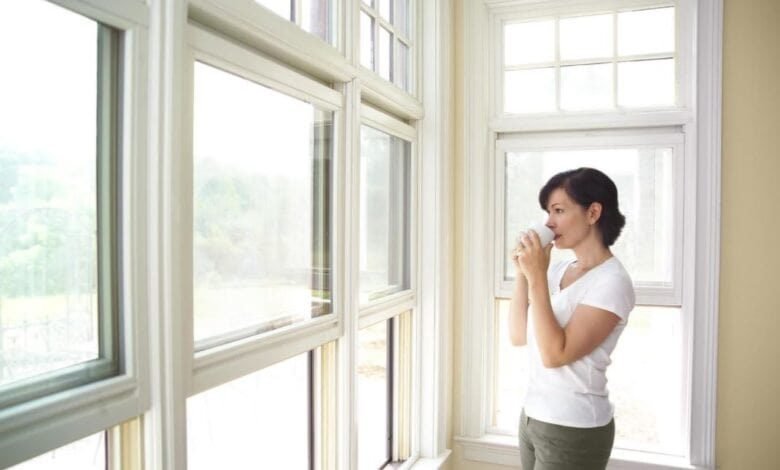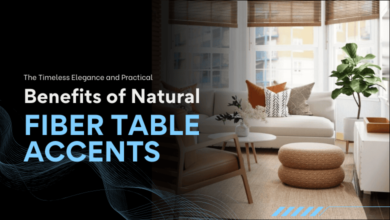7 Common Types of Glass for Windows in Your Home or Business

According to Remodeling magazine, replacing windows is among the most cost-effective home improvement projects. In 2019, new windows recouped more than 70% of the cost of installation.
Maybe it’s time to replace the windows in your home or even your business. The problem is that there are so many options that you don’t know where to start.
What are the different types of glass for windows? Which one is best for your home or business?
Learn about seven common types of glass for windows in this guide.
7 Common Types of Glass for Windows
When choosing window glass material, you need to consider several factors. These include aesthetics, of course. However, they also include safety, security, and energy efficiency.
The different types of window glass address each of these factors differently. So prioritizing your needs and preferences and learning about the types of glass for windows should be the first steps in your project.
-
Float Glass
Float glass is the most basic type of glass panel. Single panels of float glass are typically not used for home and office windows. That’s because single panels of untreated float glass are too fragile. Panels of float glass, though, form the basis for other types of window glass.
Float glass is made by pouring thin layers of molten glass into tins. As the glass cools, it takes the shape of the tin. This cooling process—called annealing—happens slowly to keep the float glass as strong as possible.
Manufacturers cut, treat, and otherwise upgrade these sheets of float glass to create high-quality windows.
-
Laminated Safety Glass
Laminated safety glass incorporates at least two panels of float glass. Between these layers, window manufacturers fuse an additional layer of polyvinyl butyral (PVB) resin. Using high heat and pressure, the process creates a super-strong panel for windows or doors.
Laminated glass resists cracking. In the event that a panel of laminated glass does break, moreover, it will not shatter. That’s because the broken pieces will adhere to the inner layer of resin.
The extra strength of laminated glass protects your family’s safety and your home’s security. It’s also ideal in regions where damage from hurricanes is a concern.
-
Tempered Glass
The tempering process is another way to strengthen a basic panel of float glass. Tempering uses temperature or chemicals to compress the outer layer of the glass panel. The result is more durable glass.
In fact, tempered glass is so strong that it cannot be cut. That’s why tempering happens after a panel has been sized for your home or business. Tempered glass is also tested for strength before being installed in your home or business.
While stronger than float glass, tempered glass can break—if it’s struck with enough force. However, a broken panel of tempered glass won’t shatter into dangerous shards. Instead, it will crumble into smaller chunks. This makes tempered glass another good option if safety is among your top priorities. Tempered glass is ideal for large windows and busy areas.
-
Obscured Glass
Obscured glass uses a variety of techniques to prevent people from seeing in or out of a window. These techniques include beveling and etching. Frosting and other coatings are options too.
Each of these methods obscures vision while still allowing natural light to pass through the panel. They can also add an elegant aesthetic to your home’s appearance.
Home and business owners seeking privacy as a top concern often choose obscured glass. It is especially popular for bathroom windows, shower doors, and entry door panels.
-
Tinted Glass
Another option that affords some—albeit more limited—privacy is tinted glass.
Tinted glass uses varying shades of color to limit the ability of passersby to see into a building. Like obscured glass, tinted glass can also add to a home or business’s aesthetic. Finally, tints can be applied to enhance your windows’ energy efficiency and protect inhabitants from the sun’s harmful rays.
Besides external windows, therefore, tinted glass is a good option for skylights and sunrooms.
-
Insulated Glass
If energy efficiency is your top concern, insulated glass is for you. Each panel of insulated glass incorporates two or more layers. The space between these layers is filled with gasses, like krypton or argon. These gas-filled spaces offer insulation from the sun’s heat and light.
The result is a double- or even triple-panel window with a high U-factor and low solar heat gain coefficient.
-
Low-E Glass
Low emissivity, or Low-E, glass is another type of glass to consider if you’re concerned with energy efficiency and protection from the sun. Low-e glass has been chemically treated to reflect the sun’s damaging infrared rays. While light passes through the low-E glass, thermal radiation does not.
Like insulated glass, Low-E glass is ideal for windows that experience direct sunlight. Home and business owners in any climate can benefit from low-e glass, however. That’s because, in the winter, low-e glass also works to keep heat inside your home.
There are two important considerations to keep in mind when choosing low-e glass, though.
The first is price. Choosing low-e glass for windows can entail a significant investment. However, the energy savings that result make low-e glass cost-effective in the long run.
The second consideration with low-e glass is aesthetics. Some low-e glass can appear tinted. So it’s wise to examine samples before making your choice.
In fact, this is true for any type of glass. No matter the type of glass you choose, you shouldn’t have to sacrifice aesthetics to fulfill your other priorities. When you work with the right supplier, your new windows will combine safety and energy efficiency with the beauty of these custom optics.
Taking Panes to Choose the Right Window Glass for Your Home or Business
Installing new windows is an investment in your home or business, and you’ll enjoy the benefits for many years to come.
The process, though, can be overwhelming. Fortunately, it’s less so when you have information about the different types of glass for windows.
No matter what information you need, you can find it on our blog. Check out the rest of our helpful content today.






